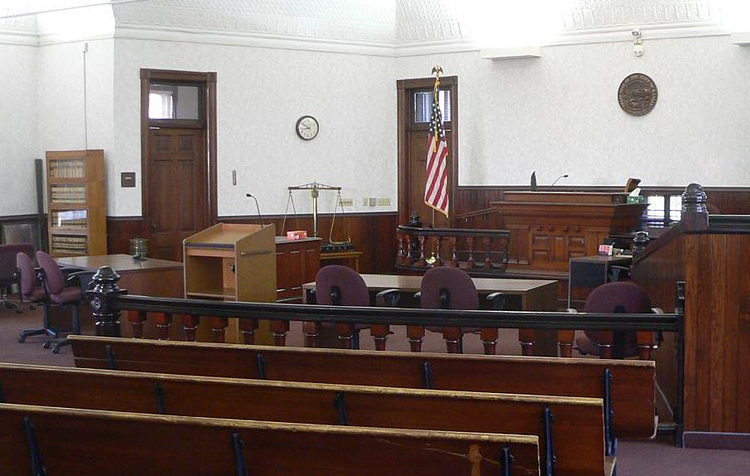 Virginia laws allow plaintiffs in personal injury and wrongful death cases to claim compensatory damages and punitive damages. Compensatory damages are further classified as economic damages and noneconomic damages. These are generally available to all victims of car crashes, truck wrecks, slips, falls, dog bites and animal attacks, electric shocks, dangerous and defective products, and medical malpractice.
Virginia laws allow plaintiffs in personal injury and wrongful death cases to claim compensatory damages and punitive damages. Compensatory damages are further classified as economic damages and noneconomic damages. These are generally available to all victims of car crashes, truck wrecks, slips, falls, dog bites and animal attacks, electric shocks, dangerous and defective products, and medical malpractice.
Punitive damages, which are also called exemplary damages because they warn others against similar behavior, can only be claimed and awarded when certain circumstances exist. Additionally, the award of monetary damages in wrongful death cases differs slightly from the award of monetary damages in personal injury cases. Keep reading to learn more details.
LEARN MORE
- How Does a Victim Prove Negligence in a Car Accident Case?
- What Does ‘Pain and Suffering’ Mean in a Personal Injury Case?
- We Sue Drunk Drivers
When Compensatory Damages Are Awarded
To secure a settlement or win a civil trial, a Virginia plaintiff must
- File their claims within the applicable statute of limitations, which is generally (but not always) 2 years from the date of the injury or death;
- Prove negligence or recklessness on behalf of the person or company named as the defendant;
- Prove that they, as the victim, did not contribute to causing the accident; and
- Present evidence of financial losses due to medical care, disability and/or death.
Economic Damages Are Compensation for Losses That Can Be Precisely Calculated or Reasonably Estimated
Economic damages are always available to injury or wrongful death plaintiffs who can prove they deserve compensation. Awards of economic damages in Virginia can include, but are not limited to, payments for
- Past and future medical expenses,
- Wages lost while out of work following the accident,
- Loss of future earnings due to a partial or total disability, and
- Reimbursement of expenses incurred as a result of the accident (e.g., traveling or moving to receive specialized medical care).
Noneconomic Damages Are Compensation for Pain and Suffering
Emotional distress, physical pain, mental anguish, post-traumatic stress, depression and other long-term, debilitating problems created by another party’s negligence or recklessness are quite real and deserving of compensation. No one can put an exact dollar value on mental health, bodily comfort and emotional well-being, however.
Despite this, accident victims and the survivors of wrongful death victims are allowed to claim and receive noneconomic damages. These are typically described as awards for pain and suffering, and the amount is generally estimated as a percentage of the economic damages.
Virginia laws imposes caps on noneconomic damages in many instances, especially for cases involving medical malpractice. Partnering with an experienced Virginia personal injury and wrongful death attorney will make it easier to understand the rules and to produce an estimate of what constitutes fair compensation for pain and suffering.
Punitive Damages Are Most Frequently Paid by Drunk Drivers
In Virginia, punitive damages are typically only available in two types of cases. First, people who are hurt or killed by dangerous or defective products can claim punitive damages against corporations. Additionally, victims of drivers who were under the influence of alcohol or drugs and very intoxicated can claim punitive damages.
The award of punitive damages requires going through both a jury trial and a second hearing devoted specifically to determining the amount the defendant must pay as a noncriminal fine. As with noneconomic damages, Virginia law caps punitive damages in most instances.
A Note on Wrongful Death Claims
The Virginia Code lists the types of claims the plaintiff in a wrongful death case can make. According the section 8.01-52, compensation can be requested for all of the following:
- Sorrow, mental anguish and the loss of the deceased person’s “society, companionship, comfort, guidance, kindly offices and advice”;
- Reasonably expected losses of income for the person who died
- Loss of “services, protection, care and assistance provided by the decedent”;
- Medical and care expenses for an injury that resulted in death;
- Funeral expenses; and
- Punitive damages if such would be available in a personal injury case.
EJL